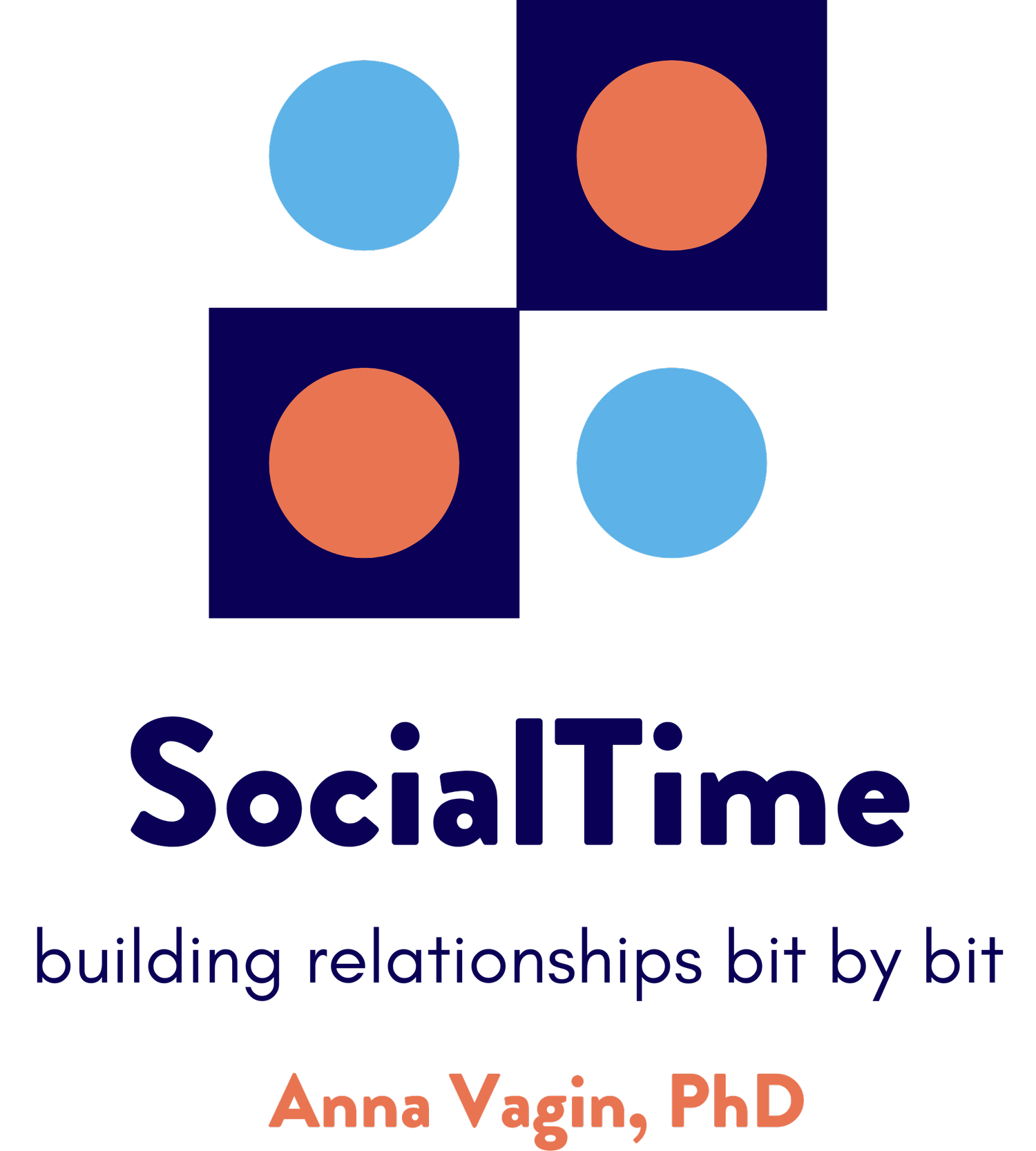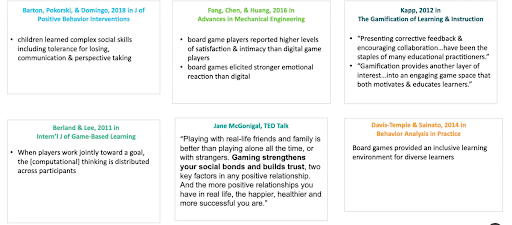Step Into My Sessions: Backed by Science: Tabletop Games as Powerful Therapy Tools
Because evidence-based practice matters - even when we're playing games. Camel Up, by Pretzel Games
Often, when parents come in to pick up their students after group, they see tabletop games spread out, showing what remains of a great session. Students look like they have had a fun time together. 😁 But when I meet with parents, I want to make sure they understand WHY we are playing so many games. WHAT we are working on via all the fun.
And that’s where knowing the research comes in. 🧐
Research to Support your Game Play
Over the past decade, research has continued to highlight the therapeutic potential of tabletop games for building language, social, and cognitive skills. 🧠
Berland and Lee (2011) demonstrated how the structure of games naturally requires players to engage in collaboration, negotiation, and problem-solving. 🧩 These interactions go beyond the surface of gameplay—they invite students to practice turn-taking, perspective-taking, and rule-following in a context that feels fun and motivating rather than clinical.
Similarly, Fang, Chen, and Huang (2016) examined how games can foster not only engagement but also higher-level reasoning and communication, showing that the demands of playing even simple games tap into complex processes essential for learning. 💬
More recently, Davis-Temple, Jung, and Sainato (2014) found that teaching young children with diverse needs to play board games provided an inclusive context where both neurodivergent and neurotypical students could participate successfully. 🏅Importantly, they showed that with support, students not only learned the steps of the games but also maintained their ability to play independently over time—highlighting the long-term value of games as a therapeutic tool.
Together, these findings underscore what many of us see in our sessions: tabletop games offer a research-backed, evidence-based way to target language and social learning while keeping students engaged and motivated. 💪🏼
Over the past few years, additional studies continue to highlight what many of us see in our sessions every day—games are more than just play. Moya-Higueras, et al. (2023) found that board and card games boosted executive functions like flexibility and inhibition in children at risk of social exclusion, skills that connect directly to academic and social success. 🎴
Evidence like this reminds us that when we bring games into therapy, we’re providing meaningful, evidence-based opportunities for learning and growth. 🪴
Find the citations for these articles below, and PLAY ON!! 🎲
Citations for reference:
Barton, E. E., Pokorski, E. A., Sweeney, E. M., Velez, M., Gossett, S., Qiu, J., Flaherty, C., & Domingo, M. (2018). An empirical examination of effective practices for teaching board game play to young children. Journal of Positive Behavior Interventions, 20(3), 138 -148. https://doi.org/10.1177/1098300717753833
Berland, M., & Lee, V. R. (2011). Collaborative strategic board games as a site for distributed computational thinking. International Journal of Game-Based Learning, 1(2), 65-81. DigitalCommons@USU
Davis-Temple, J., Jung, S., & Sainato, D. M. (2014). Teaching Young Children with Special Needs and Their Peers to Play Board Games: Effects of a Least to Most Prompting Procedure to Increase Independent Performance. Behavior Analysis in Practice, 7(1), 21–30. https://doi.org/10.1007/s40617-014-0001-8
Fang, Y.-M., Chen, K.-M., & Huang, Y.-J. (2016). Emotional reactions of different interface formats: Comparing digital and traditional board games. Advances in Mechanical Engineering, 8(3), Article 30‐015.
Kapp, K. M. (2012). The GAMIFICATION of Learning and Instruction. San Francisco: Pfeiffer.
McGonigal, J. (2011) Reality Is Broken: Why Games Make Us Better and How They Can Change the World. New York: The Penguin Press.
Moya-Higueras, J., Solé-Puiggené, M., et al. (2023). Just Play Cognitive Modern Board and Card Games: It’s Going to Be Good for Your Executive Functions: A Randomized Controlled Trial with Children at Risk of Social Exclusion. Children, 10(9), 1492.


